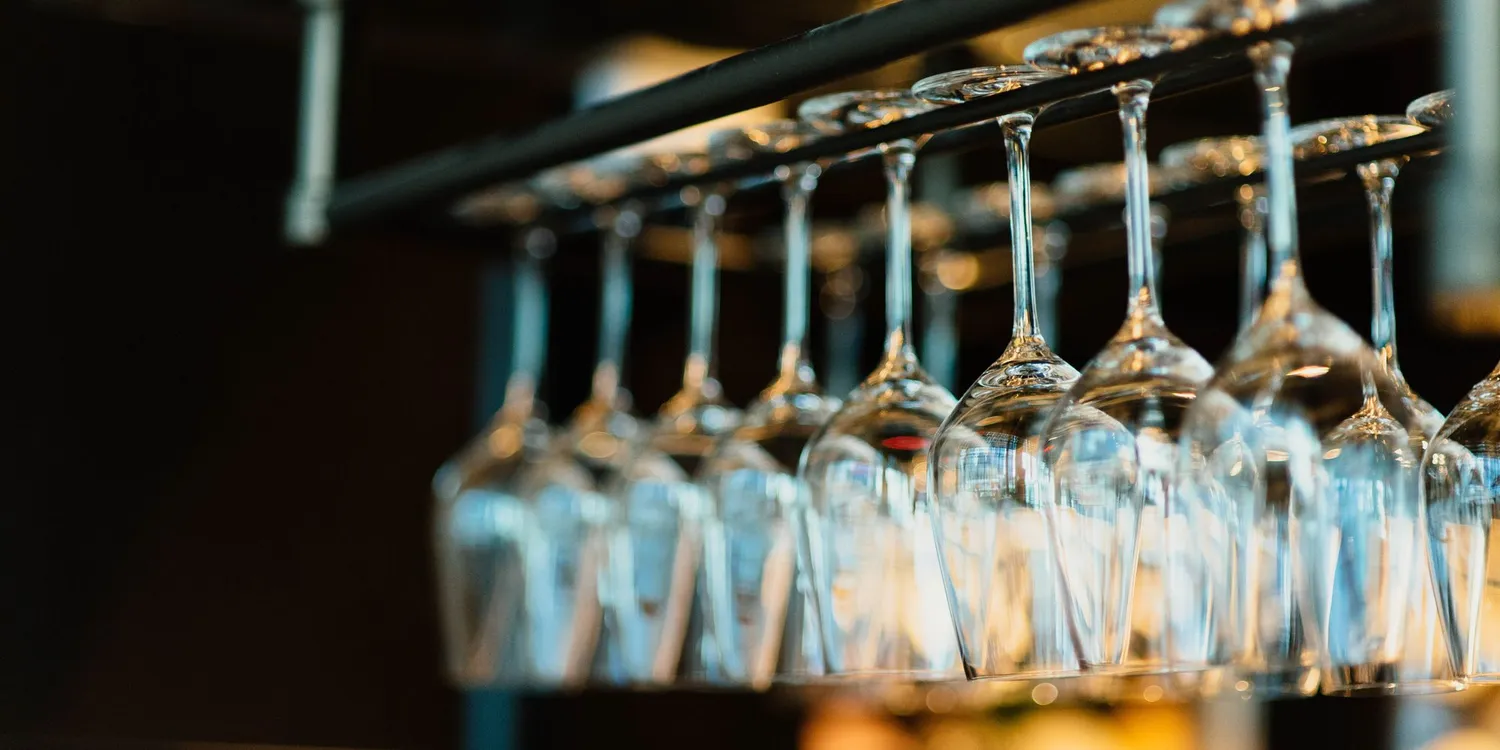09 Dec 2022
How can you prevent excessive alcohol use?
Harmful alcohol use is one of the world's leading causes of illness, disability, and death. It is linked to over 200 diseases and injuries, resulting in 3.3 million deaths globally each year
Drinking patterns vary depending on age, gender, culture, environment, and background. People's behaviour and attitude towards alcohol also change over time.
Since alcohol use varies and produces different effects on everyone, there is no single effective way to prevent alcoholism. Knowing how alcohol affects a person will help you determine which steps to take.
Somethings that may prevent excessive alcohol use include:
- Monitoring alcohol intake and making sure it’s within the recommended units
- Avoid triggers that may make you want to drink. Such as social events/people who encourage you to drink/things that cause trauma etc
- Get support from family or friends. They may be able to help regulate your drinking etc.
For an alcohol dependent person, stopping drinking abruptly can also cause withdrawal seizures that could lead to death! If your drinking habit is daily or considered above social drinking please seek medical advice before stopping.
The rise in non-alcoholic beverage consumption
There has been a significant rise in non-alcoholic beverage consumption in recent years. With more people than ever choosing healthy lifestyles and alternative options to alcohol.
55% of UK drinkers are looking to cut their alcohol consumption in 2022, rising to 65% for Gen Z. The biggest driver behind moderation is better health, while taste was named as the number one reason for choosing a non-alcoholic alternative.
Lucky Saint expects the UK low-and-no market to be worth upwards of £450m by 2024 after growing by 180% last year. The report found that nearly 29% of pub visits and 37% of restaurant outings are alcohol-free. Furthermore, just over half (55%) of UK drinkers consume less than 10 units of alcohol per week, according to the new research. This is in comparison to an NHS report that 60% of adults drank up to 14 units per week in 2019.
EU member states produced a total of 1.7 billion litres of beer with less than 0.5% alcohol or no alcohol content, an increase of almost 20%. A total of 33.1 billion alcoholic beers were produced. That means that 5.13% of the total beer produced in the EU is 0.0 beer.
According to Forbes In the fall of 2019, just 12% of beer drinkers were interested in no- and low-alcohol beer. By the fall of 2021, this number had grown to 16%. In step, beer drinkers consuming mocktails in the on-premise has grown from 8% in 2019 to 13% in 2021, highlighting a growing interest in healthier or sans-alc options.
What to drink instead of alcohol
There are many alternatives to drinking alcohol. Some of which are outlined below. We understand that it can sometimes be difficult as sober-shaming and peer pressure in social settings does often happen. However, this is something which can be overcome, with more and more individuals opting for non-alcoholic beverages the stigma is slowly dying.
1.Non-alcoholic beer/wine/beverages - These options can be suitable for many individuals. Although for some individuals including those in recovery non-alcoholic beverages may not be the best option as it is has the ability to simply replace the 'addiction' of alcohol.
2. Sparkling or soda water - Some people claim that the fizziness of soda water can replicate the sensation of certain alcoholic beverages and also looks like alcohol, so that you can avoid unwanted sober shaming.
3. Tea or coffee - Meeting family or friends for a catch up, individuals can replace the pub with a coffee shop and help to shift habits while still socialising.
4. Kombucha - Kombucha is a fermented tea beverage that has gained popularity for its unique flavour and potential health benefits.
Made by combining sweetened tea with a symbiotic culture of bacteria and yeast (SCOBY), the fermentation process results in a slightly effervescent, tangy, and mildly sweet drink with only a trace amount of alcohol.
What happens to the body when you stop drinking alcohol?
Physical symptoms of alcohol withdrawal
- Nausea
- Insomnia
- Body discomfort
- Congestion
- Fatigue
- Muscle pain
- Shakiness and sweating
- Vomiting
Psychological symptoms of alcohol withdrawal
- Nervousness
- Anxiety
- Mood swings
- Difficulty concentrating
- Irritability
Need support to stop drinking?
The rise in non-alcoholic options continues to be a positive thing. Whether for someone in recovery or just individuals who want to live the sober lifestyle. By having more options available it allows more people to experiment and be more comfortable in social settings where traditionally alcohol would dominate.
If you’re worried about your own or a loved one's drinking habits, you don’t need to go through it alone. Visit our specific page about alcohol addiction. Or contact our fully trained Treatment Advisors who can answer any questions or queries you may have.
